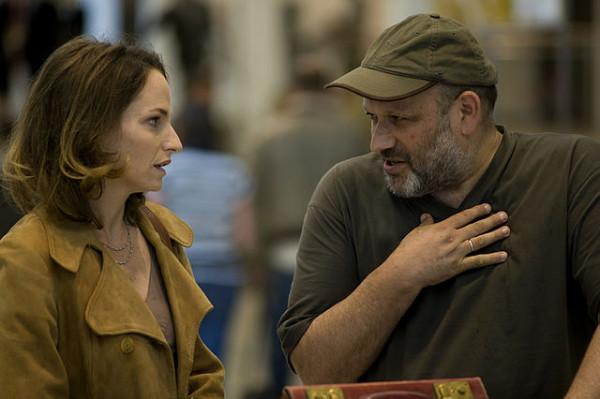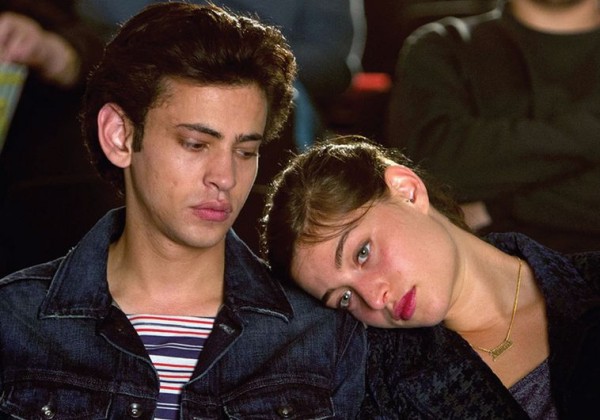Israeli film director Eran Riklis can thank Israel’s prime minister, Benjamin Netanyahu, for his unintended publicity on behalf of his latest movie, Dancing Arabs, which opens in Toronto on May 15.
During the recent election campaign, Netanyahu resorted to anti-Arab scare-mongering tactics in a desperate bid to whip up votes for his right-wing Likud party, warning supporters that Israeli Arab voters were coming out “in droves” to cast their ballots.
With this racist comment, Netanyahu inadvertently drew attention to the problems faced by Israel’s Arab minority community, which is at the center of Riklis’ movie. Dancing Arabs is Riklis’ second film in seven years about the Arabs of Israel, having been preceded by The Lemon Tree (2008).

Unfolding over a ten-year period from the 1982 war in Lebanon, it’s based on a semi-autobiographical novel by Sayed Kashua and focuses on Eyad Barhom, a precocious young Israeli Arab who struggles with his identity.
Like the vast majority of Muslim and Christian Arabs in Israel, Eyad lives in an Arab town, totally immersed in the values of his fellow Arabs. Salah, his father, is a fruit picker who once called for the liberation of Palestine. Suspected of having been a terrorist, he was forced to leave his university studies and settle for a menial job in agriculture. Having moderated his views, he now hopes that Israeli Arabs can live in dignity with Jews in Israel, and that his beloved son will not fall into the same trap.
Much to Salah’s joy, Eyad (Tawfeek Barhom) has been accepted into a prestigious Jewish boarding school in Jerusalem. This could be his son’s ticket to success in a country where Israeli Arabs struggle with second-class citizenship.
The going is tough for Eyad. He’s the only Arab in his class, and some of the students poke fun at his Arabic-inflected Hebrew accent. But he’s not alone. A beautiful and boisterous Jewish girl, Naomi (Danielle Kitzis), takes an interest in him. And Eyad befriends Yonatan (Michael Monoshov), a fellow student with a wicked sense of humour. Through Yonatan, who’s afflicted with muscular distrophy, Eyad meets his empathetic and tolerant single mother, Edna (Yael Abecassis).
Eyad gradually blends into his surroundings as he improves his Hebrew, but he still has to contend with racism. Salah urges him to persevere. “This is the chance of a lifetime,” he says.
Meanwhile, Eyad falls in love with Naomi. She’s fond of him, but the Arab-Jewish divide in Israel is such that she has to keep their budding romance a secret.

Dancing Arabs fast forwards to the 1991 Gulf War. In Eyad’s village, residents shout and jump for joy as Iraqi Scud missiles crash into Israel. Clearly, some Israeli Arabs are completely alienated from Israel.
Eyad remains fixated on Naomi, but he has no illusions about the status of Arabs in Israeli society. In a graphic class room scene, he brilliantly analyzes several Israeli Jewish novels in which Arabs are portrayed negatively.
Much to his disillusionment, Eyad concludes that his love affair with Naomi is doomed. This prompts him to reflect on his identity and to embark on a course of action which may radically change him.
In Dancing Arabs, Riklis examines a national issue that should be of concern to thinking Israelis. Yet this is not a heavy-handed or didactic film. Its production values are superior, and the members of the cast, particularly Barhom, Kitzis and Abecassis, turn in excellent performances.
In short, it’s a movie that scores high marks on all levels.